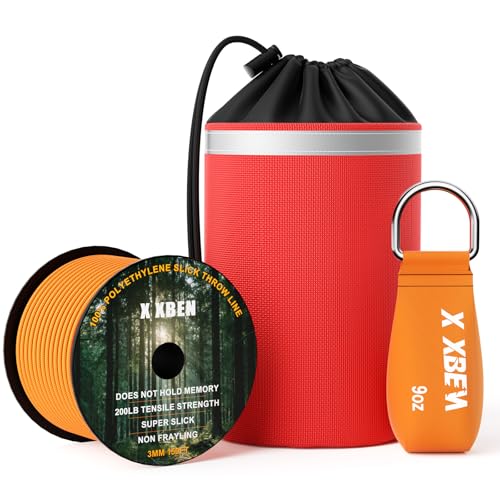Does your mower deck have ball bearings or tapered roller bearings? If they have sealed on both sides ball bearings I have my doubts greasing them will push debris out. The low cost replacement spindles off ebay seem to be working well and have grease fittings. I often get molybdenum bearing grease maybe because I like the sound of it. John Deere has quite a few choices at the place I visit.
You need to be careful about using moly grease in rolling (ball, roller, needle) bearings. It can cause the rolling elements to skid and the moly particles can get squeezed together into bits large enough to interfere with the rolling action. Some greases with a low concentration of moly are OK in rolling bearings, but are then probably not as good for heavy sliding loads, which is where moly is often called for.
From Irving Oil:
AF MOLY is heavy-duty grease for applications where the presence of molybdenum disulfide can be helpful. AF MOLY
contains 3% molybdenum disulfide, which provides dry film lubrication for load-bearing surfaces where the grease may tend
to be squeezed out.
AF MOLY is superior for automotive chassis and construction industry grease. AF MOLY is certified by the NLGI* to its top performance chassis grease rating, LB. Many manufacturers of farm and construction equipment recommend “moly” type
greases for the lubrication of joints, slides, splines, pins, bushings, linkages and hinges.
AF MOLY greases are not the best choice for use in rolling bearings. The particle size of the “moly” has been chosen to be
very small but any particles will cause surface distress in the repetitive loading conditions of rolling bearings. For rolling
bearing applications we recommend using other high quality Irving Lubricant greases such as Lubex EP and Lubex SYN

























































